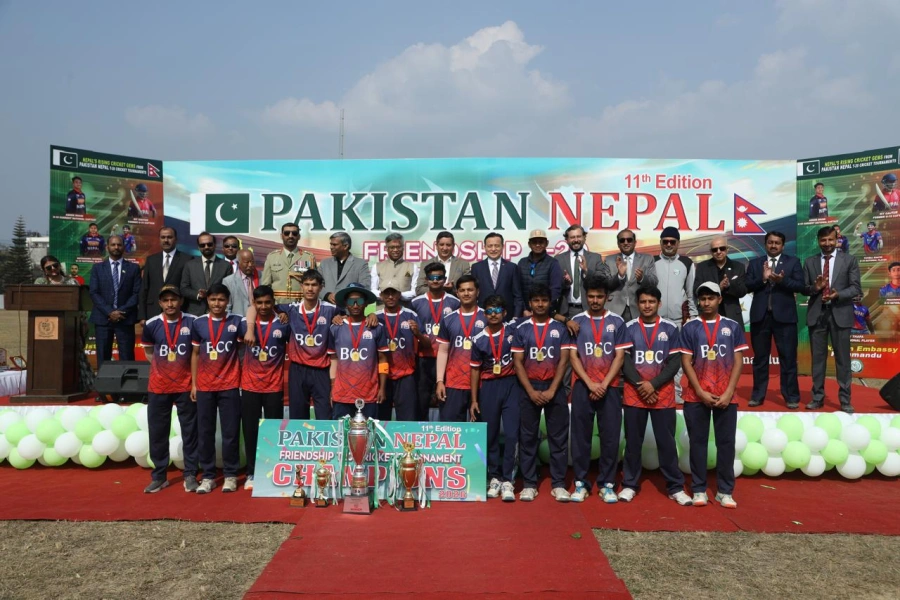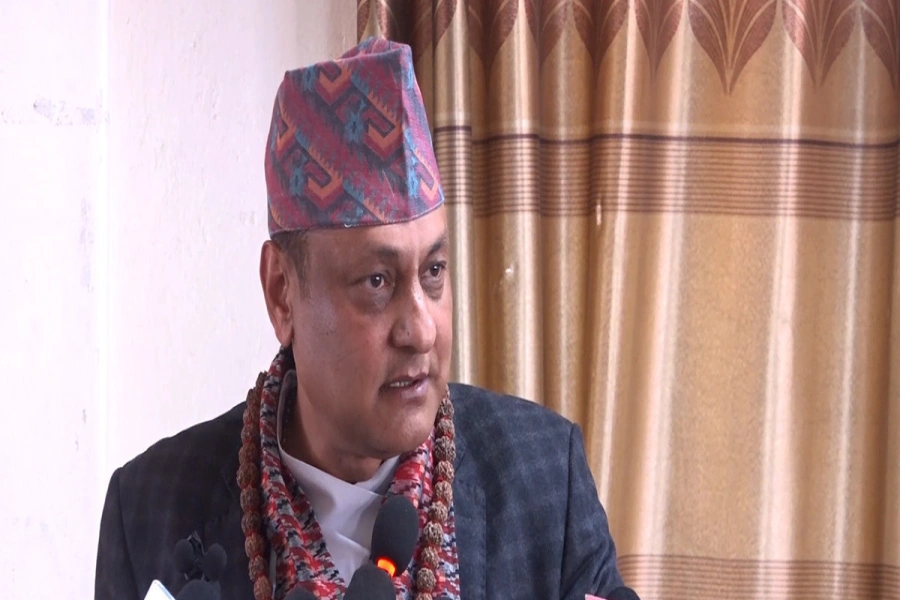It has already been several weeks since the ruling parties got engaged in negotiations to form a new government. Even as the deadline given by President Bidya Devi Bhandari is expiring on Sunday, the ruling Nepali Congress and the CPN (Maoist Center) do not seem anywhere close to sealing a power-sharing deal. At the heart of the negotiations between the two major political parties lies a major concern – which party will get the portfolios of prime minister and president of the country. While the bargaining that continues over the government leadership is understandable, the difficult negotiations between the two parties over the post of president has already sent a negative message across the wider political circle in the country. According to the Constitution of Nepal, 2015, the prime minister in his capacity as the head of the government has all the executive powers and is responsible for the day-to-day functioning of the country. Contrary to this, the role of the president, who serves as the ceremonial head of the country, has limited powers to exercise. The president is supposed to act as the guardian of the constitution and has no executive rights whatsoever to play in the functioning of the government.
The importance given by both the NC and the Maoist Center over the post of president gives an impression that the ruling parties want to make the country’s ceremonial president further active in politics in the days ahead. The fact that the institution of the president has not been free from controversy is evident from the attempt made by the president to assert executive powers that are otherwise exercised by the prime minister in the past one and a half decade. Nepal formally embraced the federal democratic republican system after abolishing the 240-year old institution of monarchy in the country in 2008. The constitution envisages the president as the ceremonial head of the country with no executive powers. Since the country embraced the republican system, Nepal has had two presidents—Ram Baran Yadav of NC and Bidya Devi Bhandari of CPN-UML. Although the president is supposed to rise above politics and play a neutral role, it is no longer hidden that both the presidents tried to play an active role in politics, often shaping the national politics in favor of their mother parties. The institution of president became further controversial during the stint of Bhandari, who is often accused of acting at the behest of her mother party, in many political issues of national importance. The fact that a number of controversial ordinances introduced by one government are endorsed hastily while ordinance similar in nature introduced by the government led by another political party is put on hold indefinitely speaks volumes about how the institution of president has been dragged into active politics, often with a tacit support of their respective mother party.
Of course, a section of people had earlier even suggested electing a ‘non-political’ person as the new president in view of the controversy courted by a political leader elected to the post of president. The discussion on this proposal has now stopped amid strong opposition from the political parties. As the political parties are now engaged in negotiation to elect a ‘political’ person as the head of the state, they should not be preoccupied with a consideration to install their party leader in the position with a hope that he/she could play a role that serves the interest of their party. The parties concerned should instead think of a person who can help safeguard the constitution, thereby saving the country’s young republican system. This requires them to elect a person, who is committed to safeguarding the democratic achievements in the country and institutionalizing the democratic republican system, not the one who is loyal to his/her party and is ready to go to any extent to serve the interest of his/her mother party. As the negotiations continue among parties on a possible candidate for the new president, we do hope that the parties agree on a candidate who has values like being honest and truthful, knows right from wrong and more importantly has personal and professional integrity.
Office of Election Officer established for upcoming election of...





































